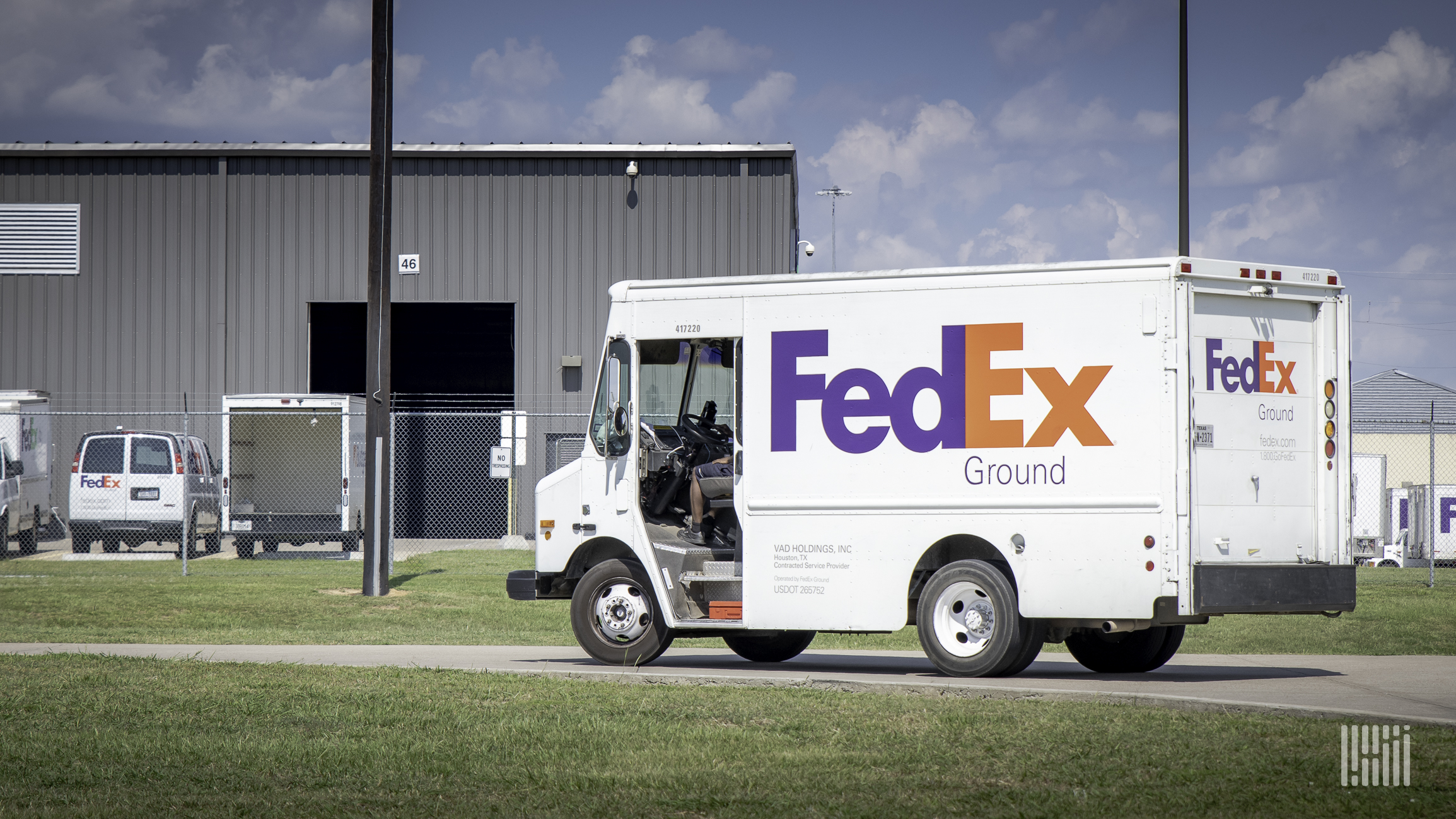Reuters
4 min read
In This Article:
(Reuters) - UnitedHealth Group said its Chief Executive Andrew Witty resigned as of Tuesday, and the company suspended its annual forecast due to surging medical costs, sending shares plunging nearly 18% to a four-year low.
Chairman Stephen Hemsley, 72, who was CEO before stepping down in 2017, will assume the CEO title once again.
Witty chose to leave for personal reasons, the company said, without elaborating. His exit comes only a few weeks after UnitedHealth cut its annual forecast and reported its first earnings miss since the 2008 financial crisis, marking a major setback under Witty's leadership.
"Many of the issues standing in the way of achieving our goals as well as our opportunities are largely within our control," Hemsley said on a call with investors.
UnitedHealth has grappled with several major challenges over the last 12 months, including a cyberattack at its tech unit that affected some 190 million people, a report of an investigation into its Medicare billing practices, and an unexpected surge in medical costs that has hurt its bottom line.
The company was also catapulted into the public conscious in December when Brian Thompson, the CEO of its insurance unit, was murdered in New York just before its investor conference.
Kevin Gade, chief operating officer at UnitedHealth investor Bahl & Gaynor, said the abruptness of Witty's exit "certainly is a surprise," but noted that UnitedHealth had faced unique struggles in recent months.
"We're not likely to hear more on Andrew’s departure but it’s fair to suggest the recent killing of his co-worker, the constant fear of his family's and his safety and the operational pressures of recent likely led (in) part to this decision," said Gade.
Shares of UnitedHealth fell 20% on April 17 when it cut its forecast. With Tuesday's losses, the stock is now down more than 38% for the year. Stocks of other health insurers were also hurt after UnitedHealth's financial hit prompted concerns that high costs could spill over to other companies, but those shares have rebounded.
Rivals Humana and Elevance Health have said in recent weeks that they have not seen unusually high demand in their insurance and caregiving operations, and that medical costs have remained in line with their expectations.
Those disclosures prompted some analysts to say that UnitedHealth's issues could be company specific. UnitedHealth said during Tuesday's investor call that it was seeing more demand for medical care from new members and from people with complex conditions, which was increasing costs.













